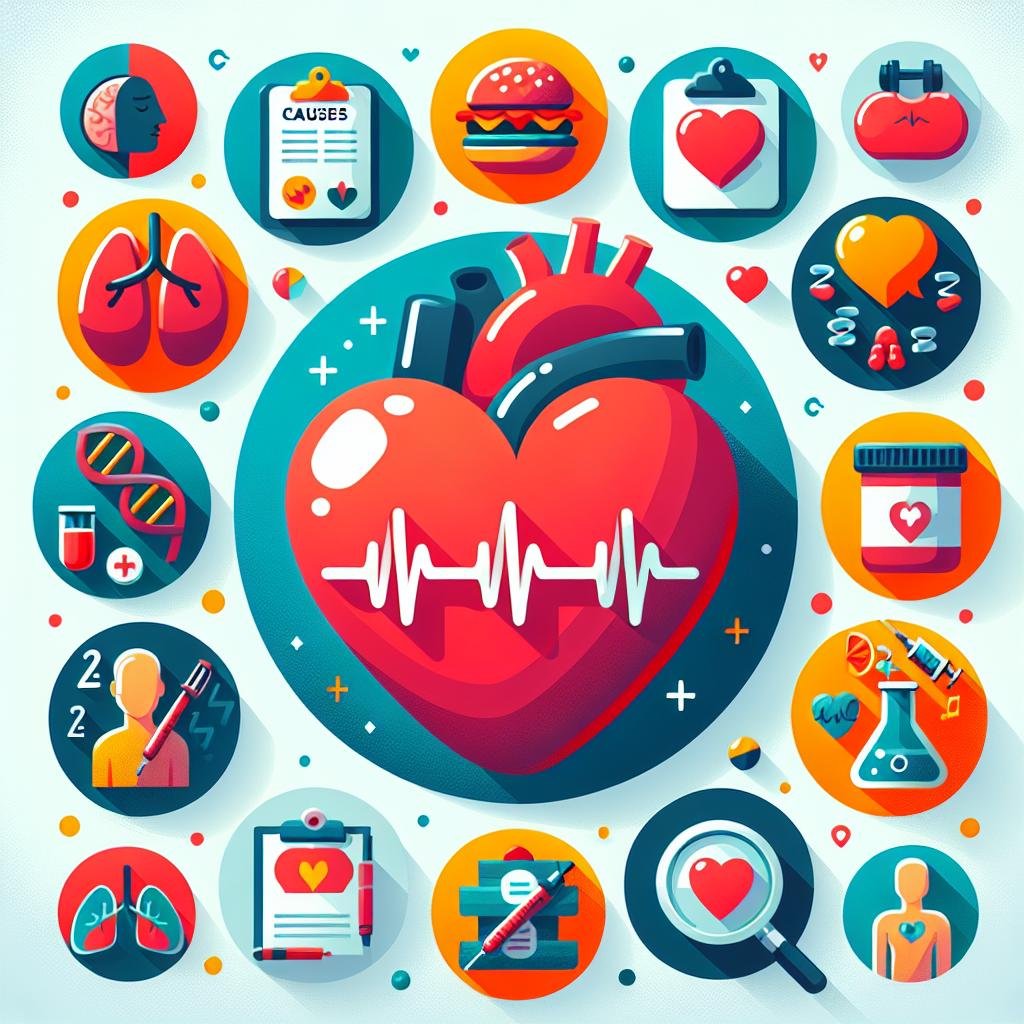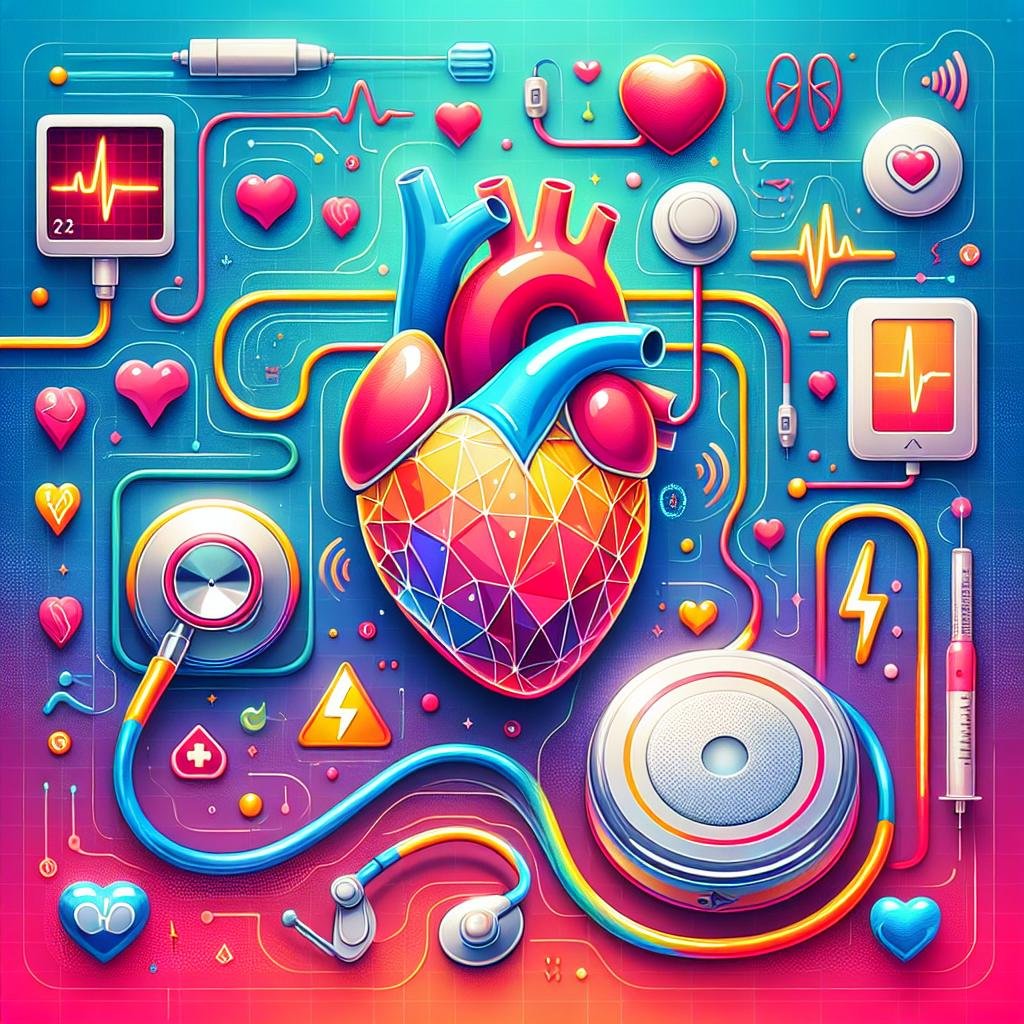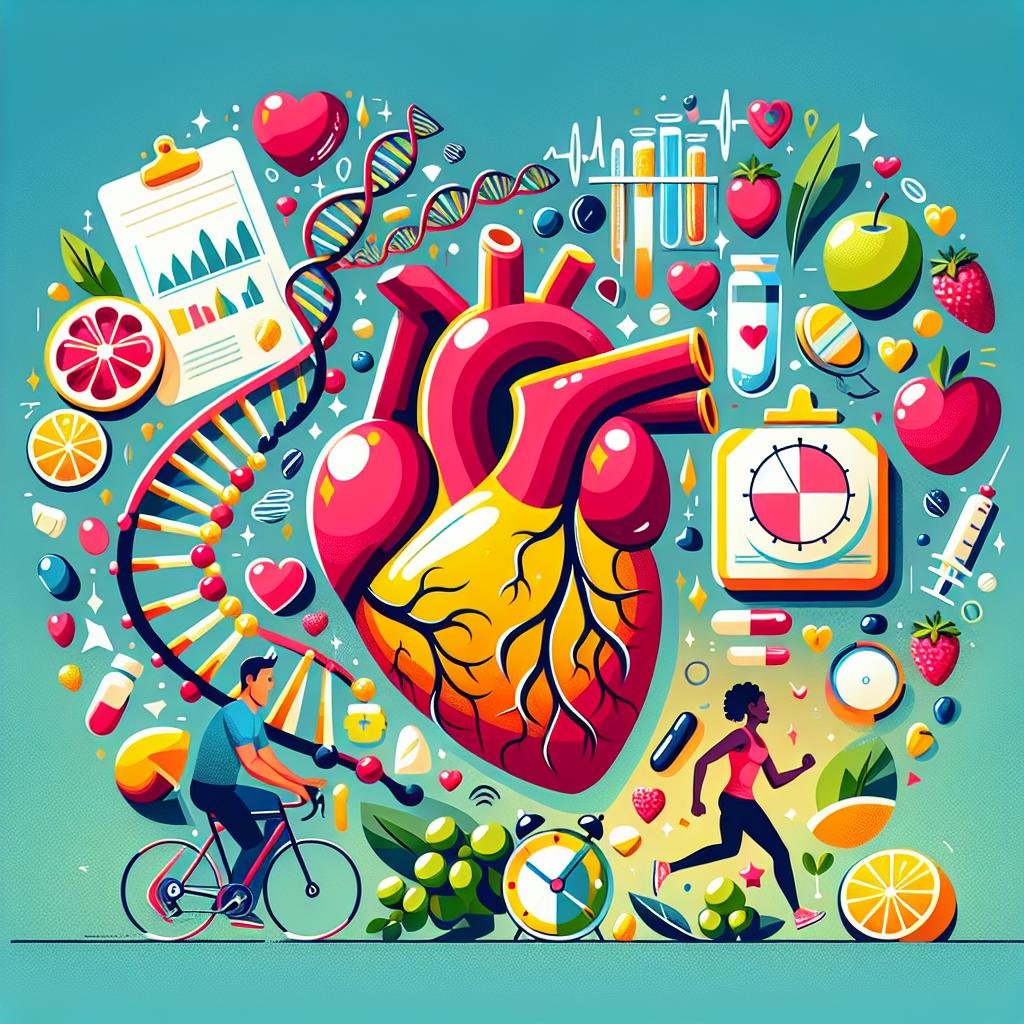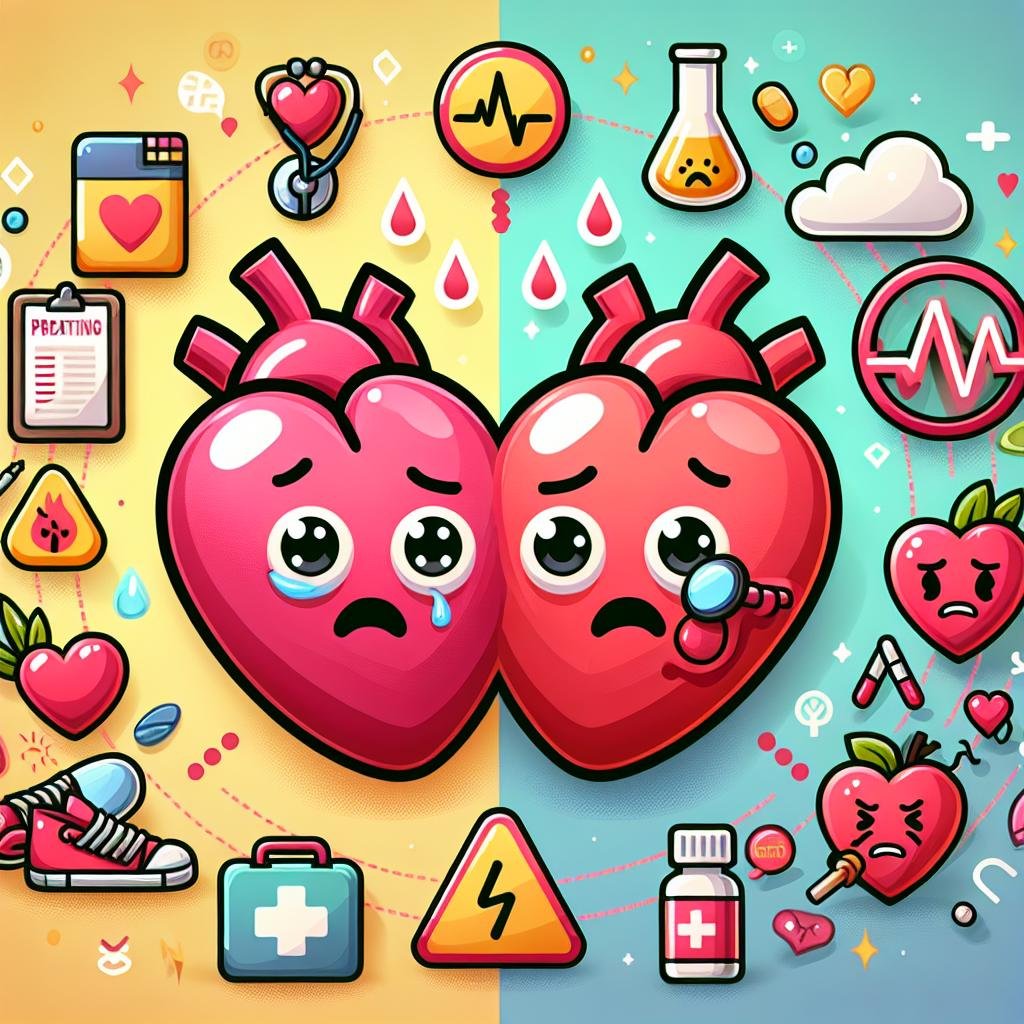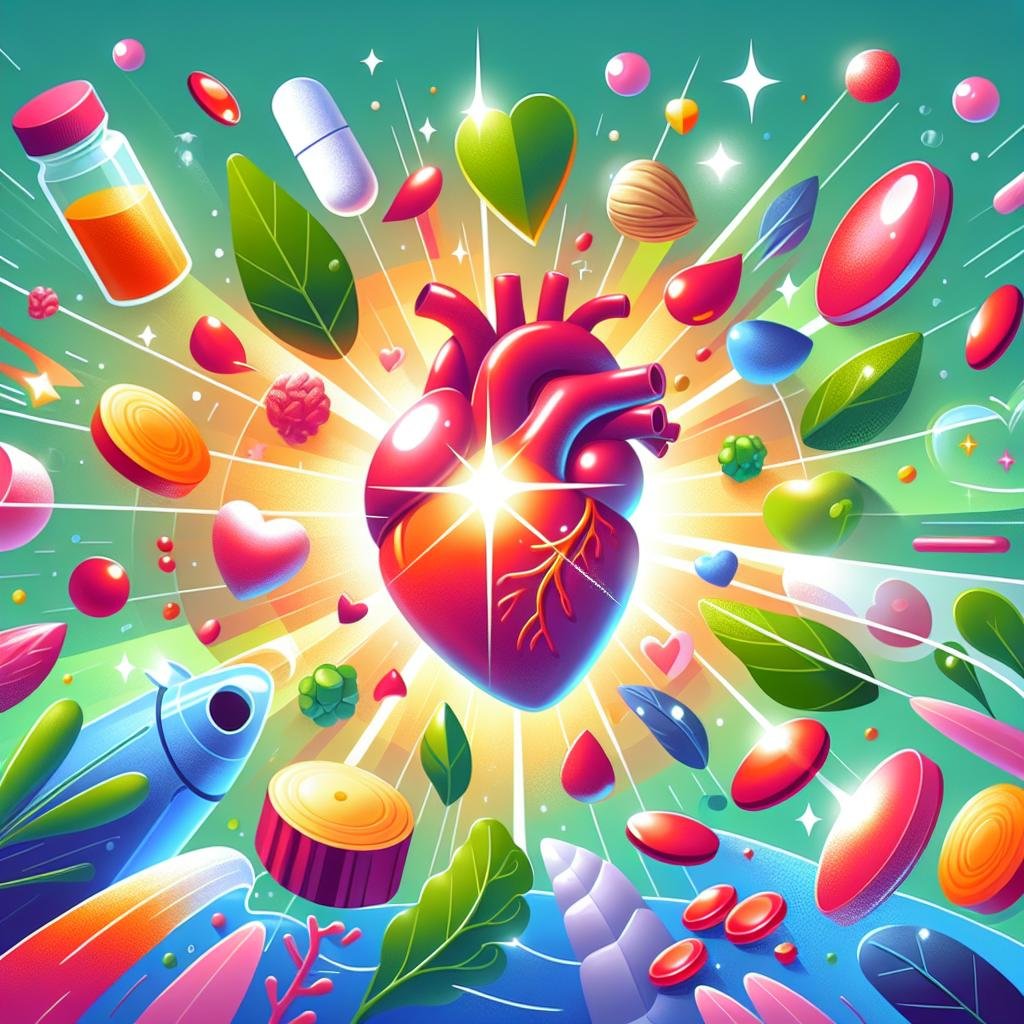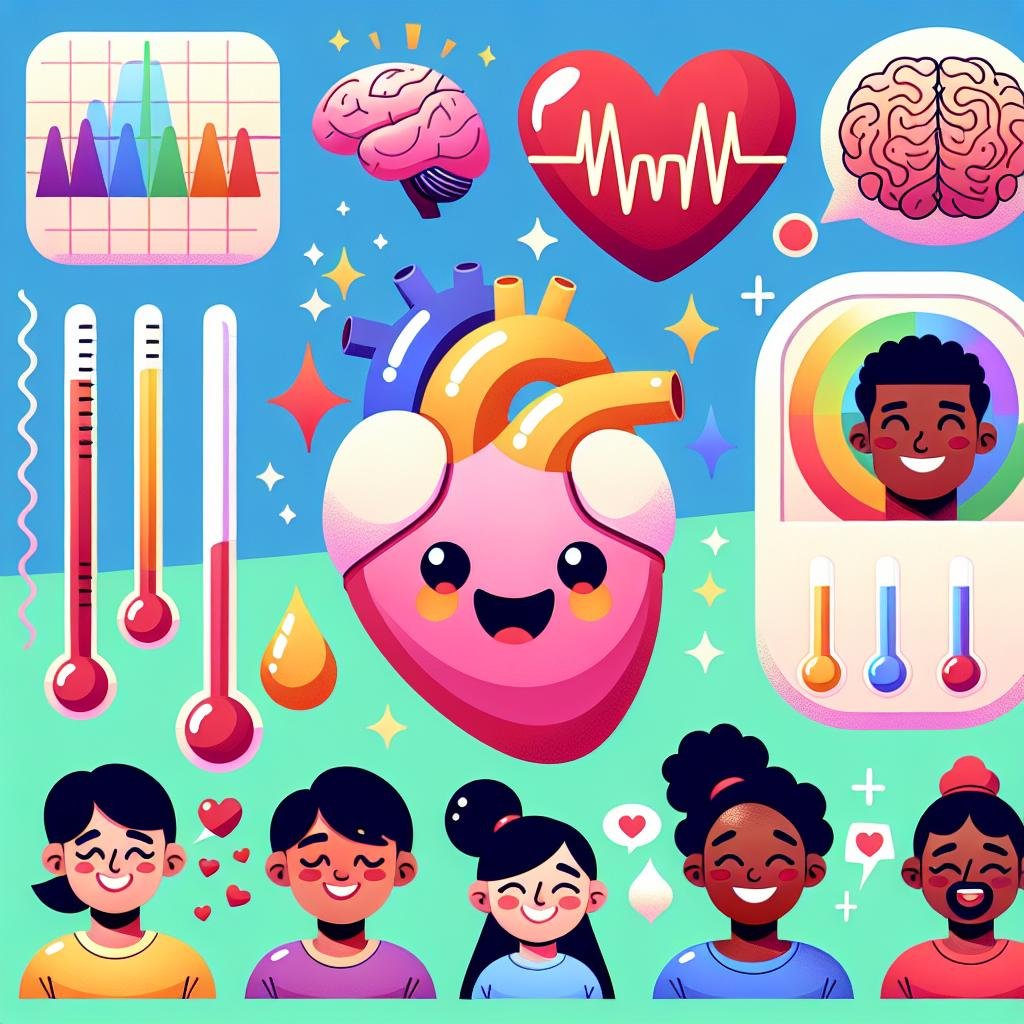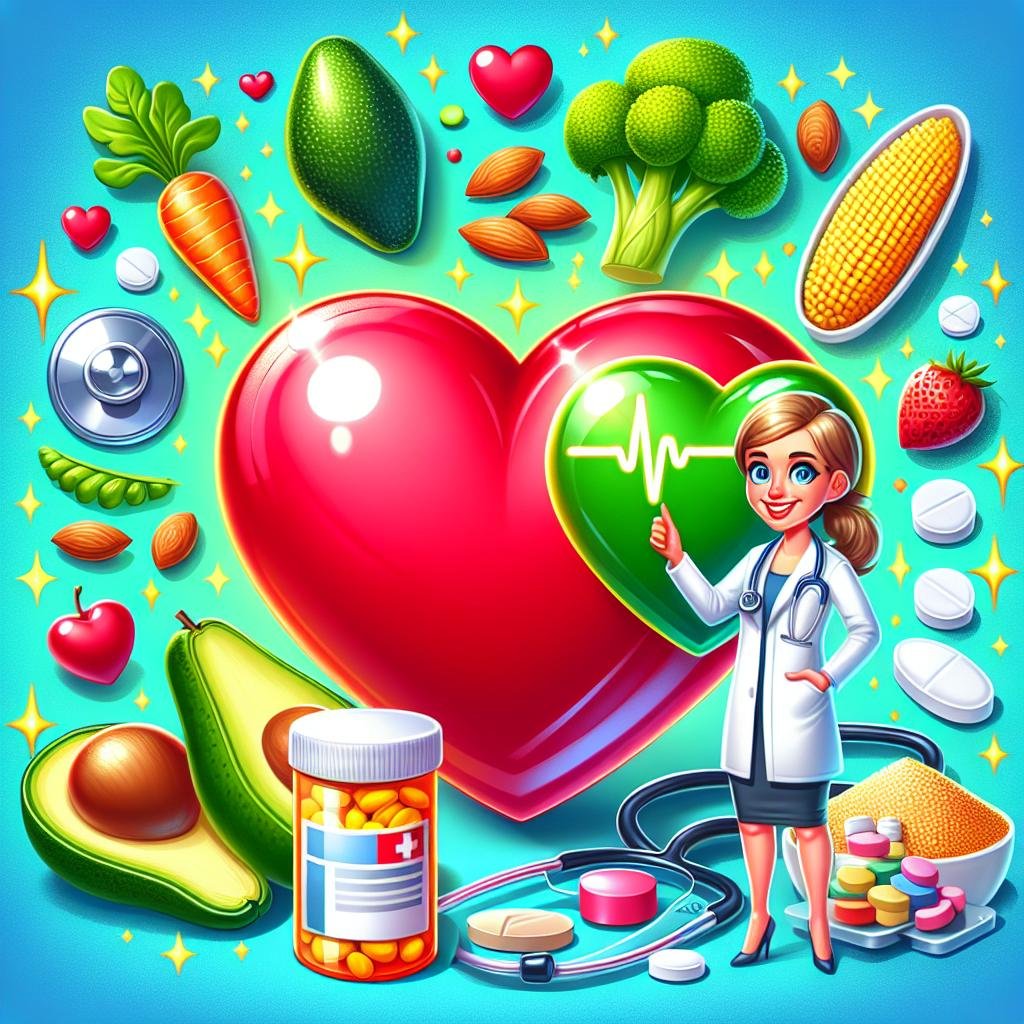Enlarged Heart – Causes, Symptoms, and Treatment Options for Cardiomegaly
Introduction Cardiomegaly, commonly known as an enlarged heart, is a condition where the heart grows larger than its usual size. This increase in size can occur for various reasons, including heart diseases, lifestyle choices, or other health issues. It’s important to understand cardiomegaly because if it’s not treated, it can lead to serious health problems. […]
Enlarged Heart – Causes, Symptoms, and Treatment Options for Cardiomegaly Read More »
